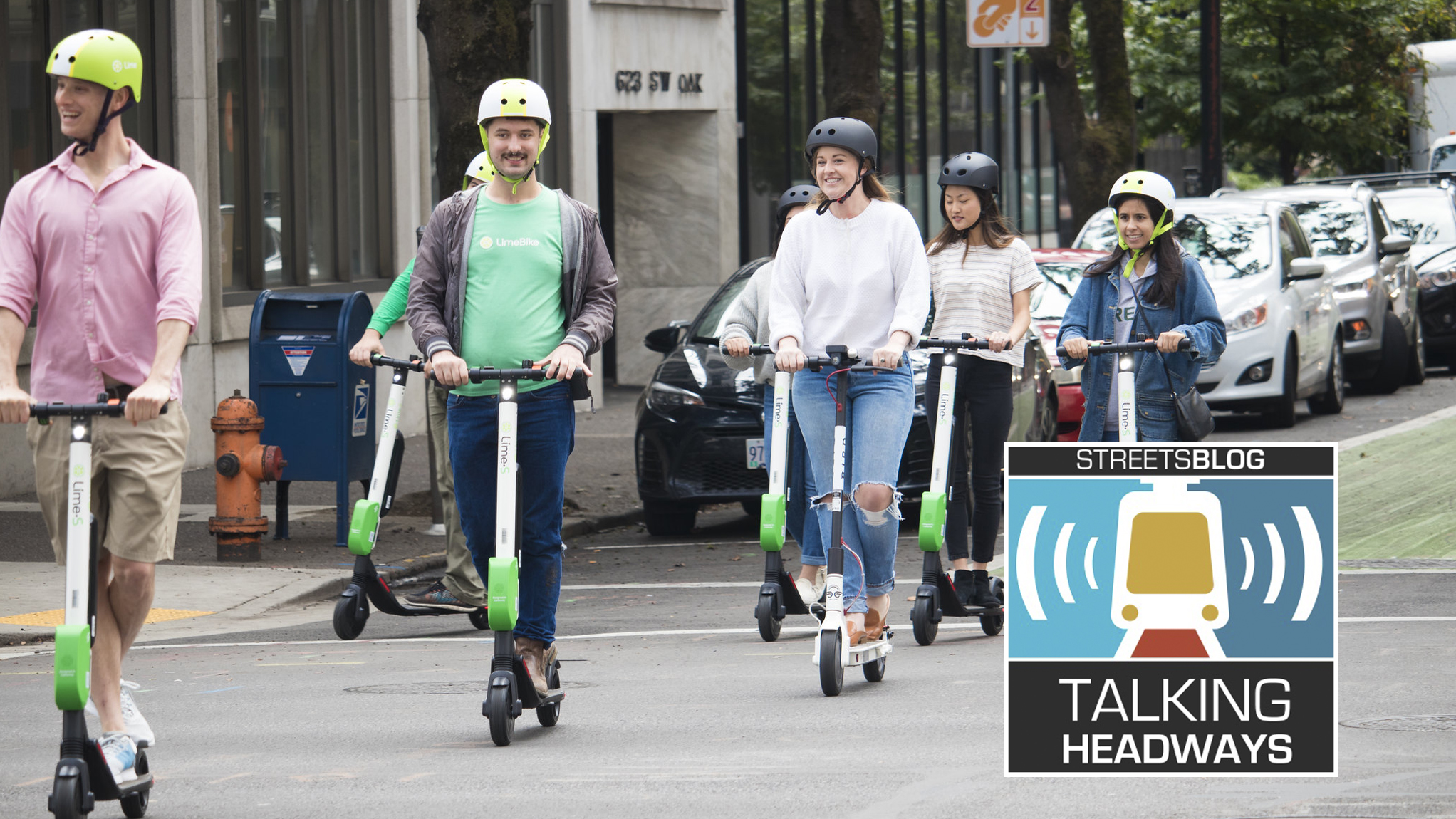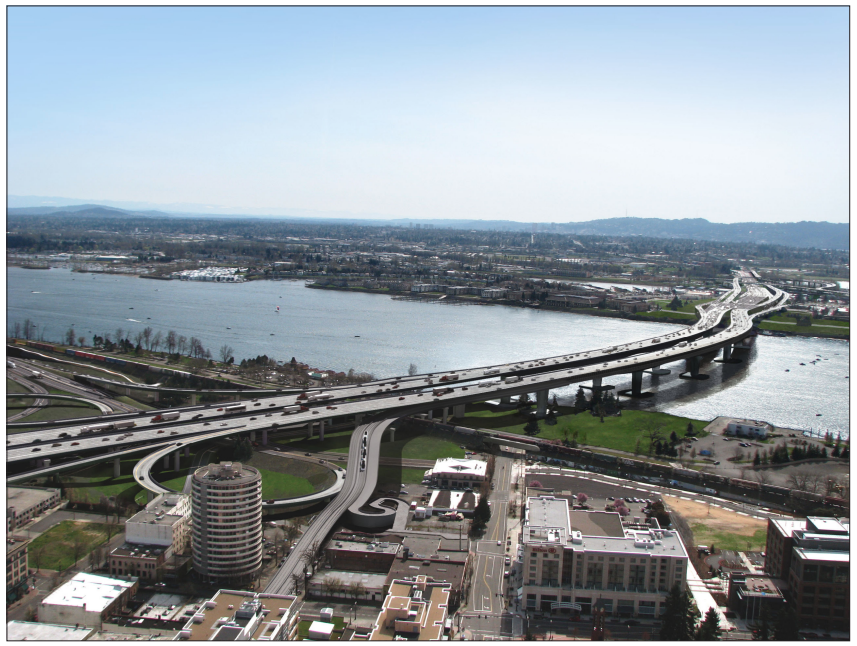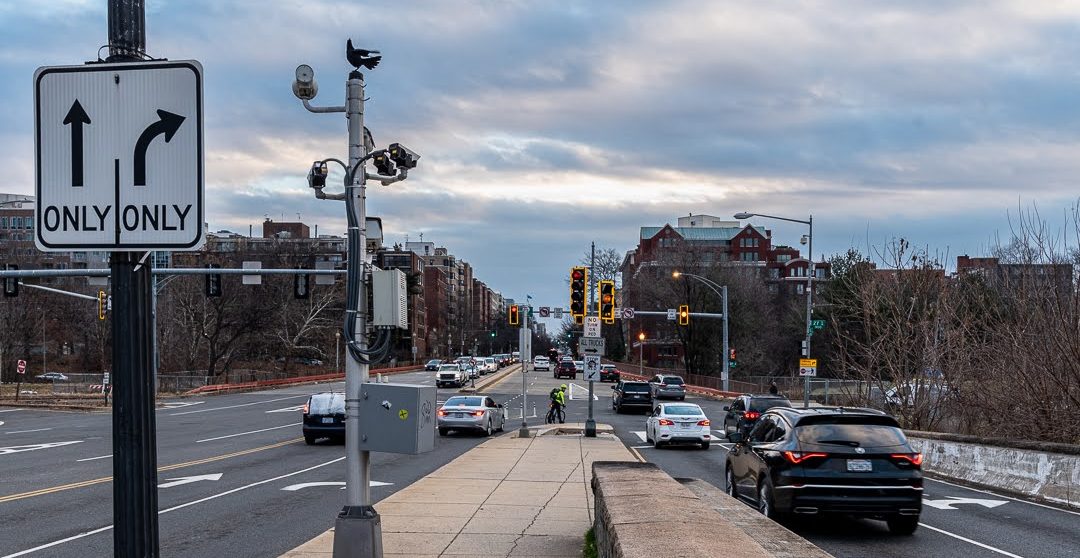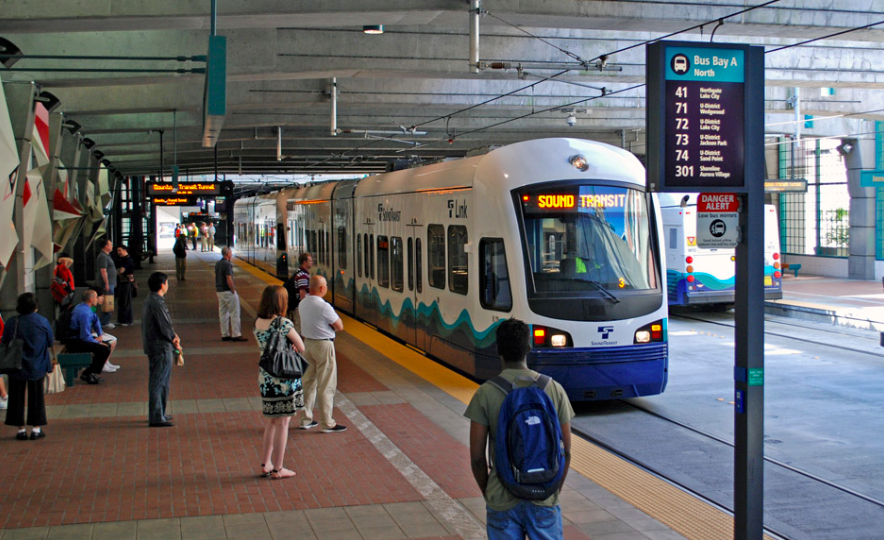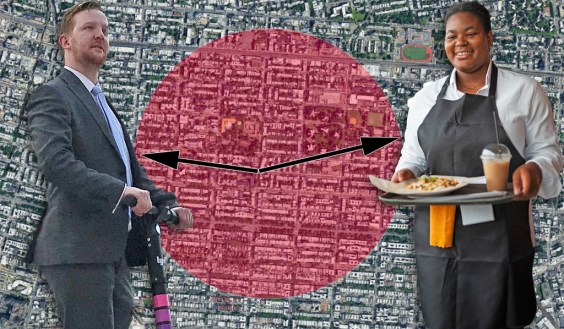Last week we wrote about a proposal in Atlanta to set aside a fraction of funds from a recent transit ballot measure to keep housing affordable near new lines and stations. Advocates want to ensure that current residents benefit from those transit investments and don't get forced out by rising rents.
The idea is sparking discussion in Atlanta. There's broad agreement that more public support for affordable housing is needed, but where the money should come from is a matter of debate.
Tom Weyandt, a former policy advisor to Atlanta Mayor Kasim Reed, argues that the transit funding should all directly pay for transit. He has another idea for a revenue stream to support housing: a parking tax. He made the case for taxing parking to support housing and transit in a comment published by ThreadATL:
So, my modest proposal is the obvious: to impose a parking tax the way at least 49 other major cities in the nation have. These taxes range from a high of 40% of gross revenue to a low of 3% -- with most in the 18-20% range. Assuming we hit the average it would yield about $30 million per year at minimum.
Now we take that revenue and split it. Half goes to the creation of an affordable housing trust fund (remember the MARTA increment will be in place for over 40 years, so that is an on-going revenue source -- something on the order of $600 million). That trust fund would yield substantially more than the proposal to take the money from the new MARTA increment. The other half of the revenue -- another $15 million per year at minimum -- would go to a fare subsidy for every transit trip that begins and ends in the City of Atlanta.
New fare technology makes this easy to accomplish. So the result of the above is that MARTA keeps the revenue the citizens approved, commuters who drive have an incentive to shift to transit (improve congestion anybody?), we get more efficient land use, a housing trust fund is put in place with substantial resources and transit users who travel within the City get a better deal -- probably helping folks who are transit dependent especially -- and may live in those new affordable units.”
There's a lot to like about the idea, but it's not clear that Atlanta can muster the political will to see it through.
More recommended reading today: Yonah Freemark at the Transport Politic posts an essay about how American political dysfunction has squandered opportunities to invest in high-speed rail, leading the U.S. to fall further behind its global peers. And Bike Delaware reports that the state legislature just passed a package of bike safety measures, including one that allows cyclists to treat stop signs as yields.

